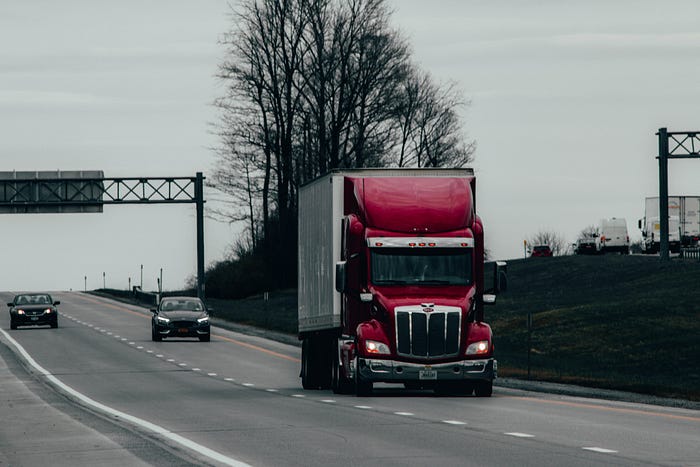How Can We Use AI in Logistics and Supply Chain Management?

There is tremendous potential for using AI in supply chain and logistics management. Early adopters in logistics and transportation already see increased profit margins by as much as five percent. AI has allowed them to cut down on shipping costs and time dramatically. Meanwhile, those still holding out on AI are in the red, unable to catch up to their more technologically advanced competitors.
How AI is Used in Logistics and Supply Chain Management
There are several ways to implement AI into logistics and supply chain management to save on costs and improve efficiency. Here are some of the most common.
Analytics tracking
Logistics providers rely heavily on analytics. They keep track of shipments, vehicles, fleets, and cargo. Major operations often have to keep track of their supply chains as they cross international borders. Through careful tracking, these companies can know precisely where their operations are at all times.
Additionally, supply chain managers can rely on AI to analyze massive amounts of data in a short amount of time. This can benefit them when it comes to product forecasting and improving client communications.
Fleet route optimization
Tracking fleets is about more than just knowing where trucks, ships, and people are. It’s about optimizing routes to save time and money. A few small changes in a route can add to massive savings, especially when those small changes are made for every driver in a logistics company.
For example, the delivery provider UPS uses a GPS tool called Orion to optimize routes for drivers. These routes can change based on factors like traffic conditions. With up-to-the-minute tracking, every UPS driver’s route is planned in a way that will maximize their time. The smart algorithm learns based on drivers’ behavior and patterns, so over time, each driver can have a perfectly customized route. The company claims to have saved nearly $50 million annually since implementing Orion by saving every driver just one mile per day.
Autonomous vehicles
Self-driving technology is about to disrupt the trucking industry as companies like TuSimple get ready to put 18-wheelers on the road without a driver this year. Working with major delivery services like UPS and Amazon, TuSimple has already tested self-driving trucks on short visits. So far, these test drives have included a human driver who can step in if the truck cannot complete the drive on its own.
Soon, though, TuSimple, along with a dozen or so other companies, hope to get fully autonomous trucks on the road. This move will be huge, eliminating the need for long-haul truck drivers and improving efficiency for the companies that employ them. Humans have limits. They can’t drive 24/7, 365 days a year. Autonomous trucks, though, don’t need to stop for rest breaks or to use the bathroom, which means they can deliver more goods in less time.
The Future of Logistics is AI
At this point, it seems like companies are going to have to start implementing AI into their workflows if they want to stay competitive. Using AI to analyze data, track shipments, forecast, and increase shipping efficiency is just the beginning for logistics companies and supply management teams.